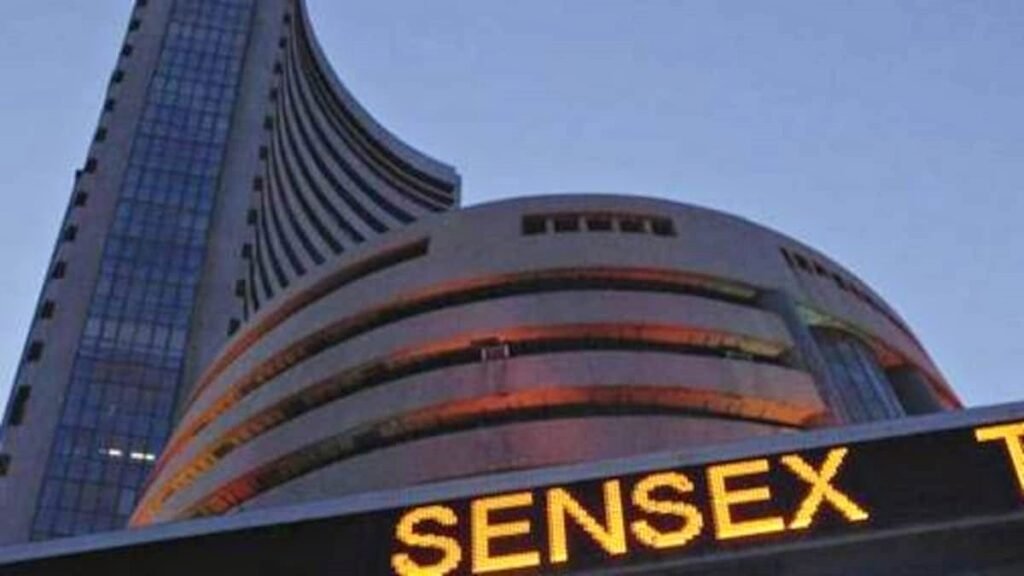
New Delhi: On the day of the election results, the Indian stock market experienced a seismic shock. The BSE Sensex plummeted by a staggering 6000 points, while the NSE Nifty slipped by more than 1900 points. This drastic decline marked the largest single-day drop since the onset of the COVID-19 pandemic. But what triggered this sudden reversal? Let’s delve into the four major reasons behind this market upheaval:
1. Exit Poll Discrepancy
The first culprit lies in the discrepancy between exit poll estimates and the actual election results. Initially, exit polls predicted a resounding victory for the Bharatiya Janata Party (BJP)-led National Democratic Alliance (NDA), projecting a seat count of 361-401. However, as the results unfolded, the NDA secured only 295 seats. This unexpected outcome sent shockwaves through the market, turning the earlier bullish sentiment into a tsunami of panic.
2. BJP’s Majority Uncertainty
The second factor contributing to the market plunge is the uncertainty surrounding the BJP’s majority. While exit polls hinted at a clear mandate for the BJP, the actual vote count revealed a different picture. By noon on the result day, it became evident that the BJP would not form a government with an outright majority. Investors reacted swiftly, leading to a continuous decline in stock prices.
3. Foreign Investor Apathy
Foreign investors have been notably indifferent to the Indian stock market, exacerbating the situation. In May, foreign portfolio investors (FPIs) withdrew a staggering ₹25,586 crore from Indian equities. This withdrawal is the largest in nearly two decades, surpassing the outflows witnessed during the 2004 market downturn. The lack of confidence from foreign investors further dampened market sentiment.
4. Eroding Investor Confidence
The cumulative impact of exit poll discrepancies, BJP’s uncertain majority, and foreign investor apathy eroded investor confidence. As the day unfolded, panic set in, triggering a massive sell-off. Blue-chip stocks, including those of Reliance, Tata, Adani, and SBI, witnessed sharp declines.

In summary, the election results turned a promising spring into a chaotic market tsunami. Investors grappled with unexpected outcomes, foreign capital flight, and dwindling confidence. As the dust settles, the market faces the challenge of stabilizing and recovering from this historic decline.

















































